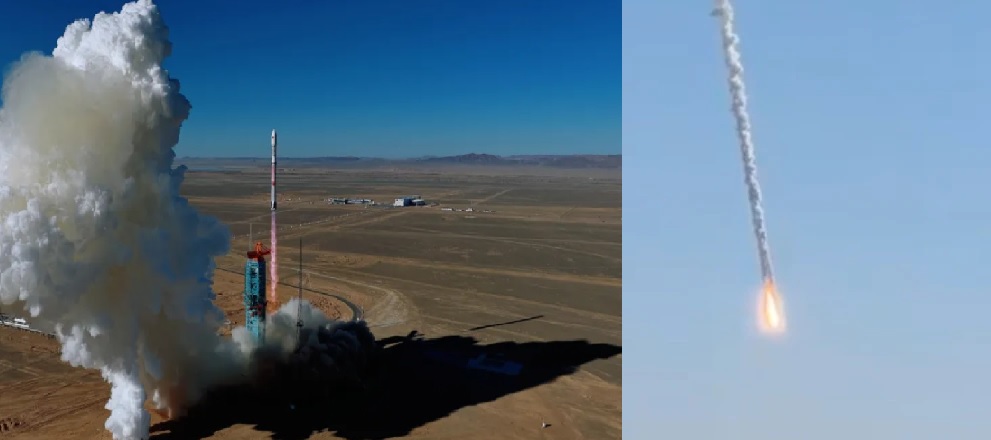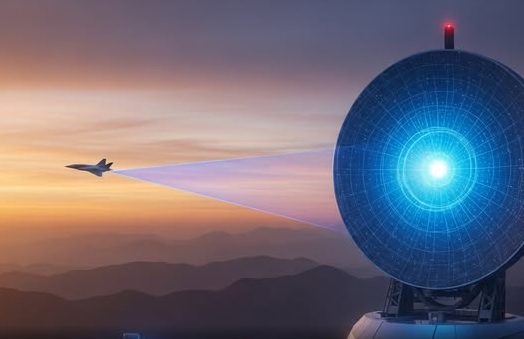Indo-US Nuclear Collaboration: India to Manufacture Critical Coolant Pump Technology For Nuclear Power Plant

New Delhi / Washington, D.C., September 2, 2025 — In a groundbreaking development for India’s civil nuclear energy ambitions, U.S. firm Flowserve Corporation and Indian engineering powerhouse CORE Energy Systems Ltd. have signed a landmark agreement to bring primary coolant pump (PCP) technology to India for local manufacturing. The deal was signed in Washington, D.C., in the presence of top officials from the U.S. Department of Energy and the Indian Embassy, with approvals secured from both the U.S. Department of Energy and India’s Department of Atomic Energy (DAE).
Why the PCP Technology Matters
Primary coolant pumps are among the most technologically sophisticated and safety-critical components of a nuclear power plant. These pumps circulate coolant through the reactor core, dissipating heat and ensuring stable and safe power generation. Without them, reactors cannot operate safely or efficiently. Localizing this technology will significantly enhance India’s supply chain resilience and capacity to safely expand its nuclear energy infrastructure.
A Landmark Achievement in Nuclear Tech Transfer
This agreement marks the first-ever transfer of PCP technology to India under the U.S.–India Civil Nuclear Cooperation framework. Flowserve obtained the crucial approval under U.S. export controls (10 CFR Part 810), a milestone that took nearly five years to secure, according to CORE Energy’s Chairman and Managing Director, Nagesh Basarkar.
Basarkar underscored the significance of this step: “This is the first time under Indo-US cooperation... not a single technology could be transferred before.” He added, “We have set an ambitious target of 100 GW of nuclear capacity by 2047. We are currently around 8.2 GW.”
Aligning with India’s Vision and Clean Energy Goals
The agreement aligns with India’s long-term vision of energy independence and the government’s ‘Atmanirbhar Bharat’ initiative. It comes on the heels of Prime Minister Narendra Modi’s February 2025 visit to the U.S., where he and President Trump re-affirmed their commitment to implementing the U.S.–India 123 Civil Nuclear Agreement and accelerating technology localization for Indian nuclear reactors.
Ihab Botros, Flowserve’s Vice President and General Manager for Engineered Pumps, emphasized the collaboration’s global impact: “This achievement marks a significant step forward in India’s nuclear growth and the global clean-energy transition.” He highlighted Flowserve’s extensive experience, stating the company has over 5,000 pumps operating across more than 200 reactors worldwide.
Strategic and Practical Implications
-
Supply Security & Scalability: India’s nuclear expansion — targeting 100 GW by 2047 — requires a robust domestic supply chain for critical components. Indigenizing PCP production reduces reliance on global suppliers and mitigates geopolitical risks.
-
Reactor Fleet Support: The technology will support India’s fleet of Pressurized Heavy Water Reactors (PHWRs), which rely on these pumps to keep reactor cores cool and safe.
-
Private Sector Engagement: CORE Energy’s involvement signals greater private-sector participation in India’s civil nuclear sector, a shift from the historically state-dominated NPCIL model.
What This Means for the Future
India’s civil nuclear program stands at a turning point:
-
With domestic PCP manufacturing now possible, India can accelerate reactor construction, particularly for its advanced IPHWR-700 series, which relies on reliable coolant flow systems for safety.
-
Future technology transfers may follow, potentially including equipment from other major players like Westinghouse, as CORE aims to open a broader pipeline for localization and innovation.
-
The deal showcases improved geopolitical trust and strategic collaboration, reflecting the evolving Indo-US relationship and shared priorities in clean energy and non-proliferation.
✍️ This article is written by the team of The Defense News.






